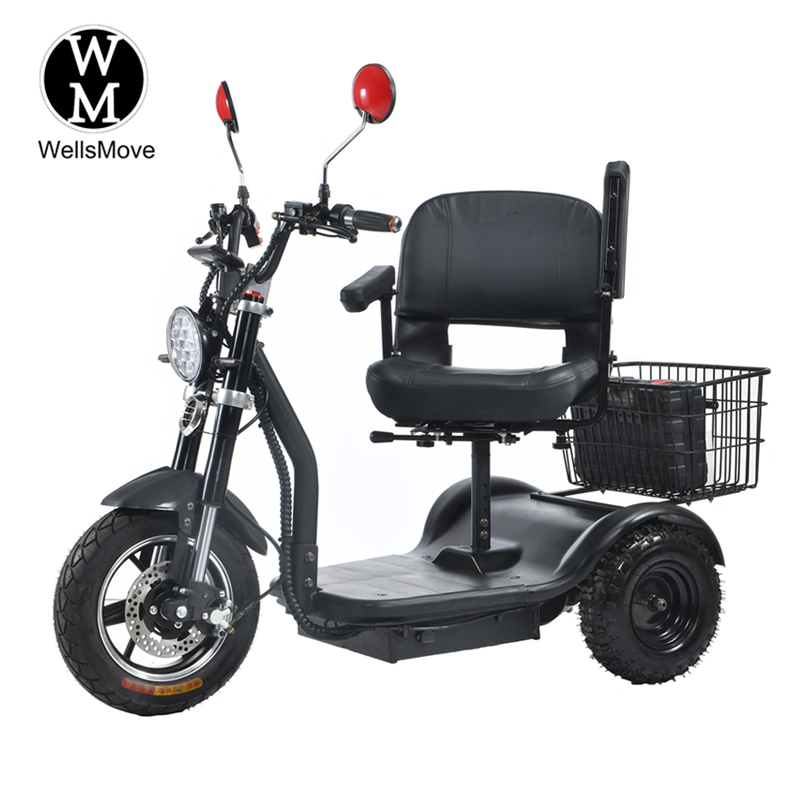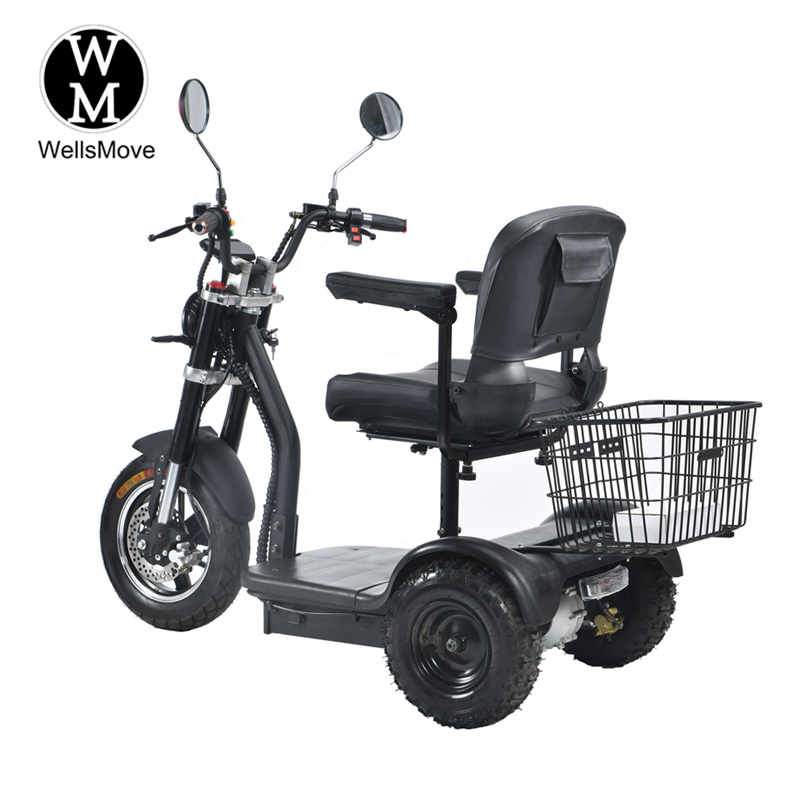As people age or face mobility impairments, e-scooters have become an important mode of transportation. These devices allow users to regain their independence and freedom, allowing them to easily participate in daily activities. However, one important aspect to consider when buying or using a mobility scooter is its weight capacity. In this blog, we’ll take a closer look at what it means to understand an e-scooter’s weight capacity and explore its limitations.
Importance of load-bearing capacity:
The weight capacity of a mobility scooter refers to the maximum weight it can support without affecting its performance and safety. Understanding the weight capacity is crucial for users as exceeding the recommended limits can lead to potential risks and damage to the scooter. Manufacturers provide load-bearing information to guide users in making the right choice and ensure their safety and longevity.
Factors affecting load-bearing capacity:
Mobility scooters come in a variety of sizes and models, each with their own unique weight capacity. Understanding the factors that affect load-bearing capacity will help users make informed decisions.
1. Frame structure: The design and structure of a scooter play an important role in its load-bearing capacity. Scooters with strong and durable frames can usually support higher weight levels.
2. Batteries: Electric scooters are powered by rechargeable batteries, which also affects the overall weight. Larger battery capacity may limit weight capacity due to increased weight.
3. Suspension system: Some mobility scooters are equipped with advanced suspension systems to provide a smoother ride. However, this additional feature may reduce the weight slightly.
Load-bearing range:
The weight capacity of mobility scooters varies widely. While some scooters are designed for lighter users, others are designed to support heavier users. Typically, weight capacity ranges from 250 lbs (113 kg) to 500 lbs (227 kg) or more.
It is crucial to choose a mobility scooter that is suitable for the user’s weight and leaves room for other items such as groceries or personal belongings. When making the right choice, it’s crucial to consult the manufacturer’s guidelines and consider potential weight fluctuations.
Understand the limitations:
Exceeding the weight capacity of an electric scooter can cause a variety of problems, such as reduced battery life, reduced speed, reduced maneuverability, and potential damage to the scooter. Additionally, continued heavy use can cause structural damage, resulting in expensive repairs or replacements.
It’s worth noting that weight capacity isn’t the only determining factor in whether a scooter is suitable for the user. Other factors such as seat comfort, maneuverability and stability should also be considered to ensure a safe and satisfying mobility experience.
When it comes to electric scooters, it’s crucial to know their weight capacity. By becoming familiar with the weight range, users can make a more informed decision about which scooter will best meet their needs. It is important not to overlook the importance of load-bearing capacity as it directly affects the longevity, performance and overall safety of the equipment. Therefore, before buying or using a mobility scooter, don’t forget to check its weight capacity and choose one that offers the best support to ensure a comfortable and reliable ride.
Post time: Sep-20-2023




